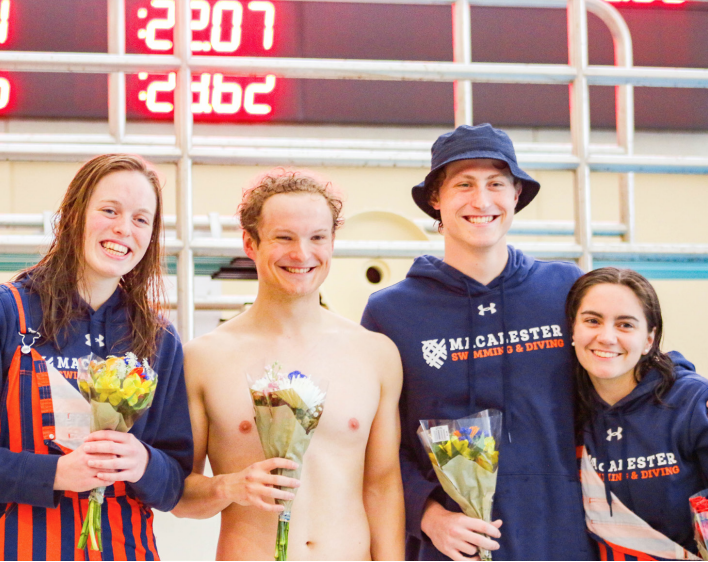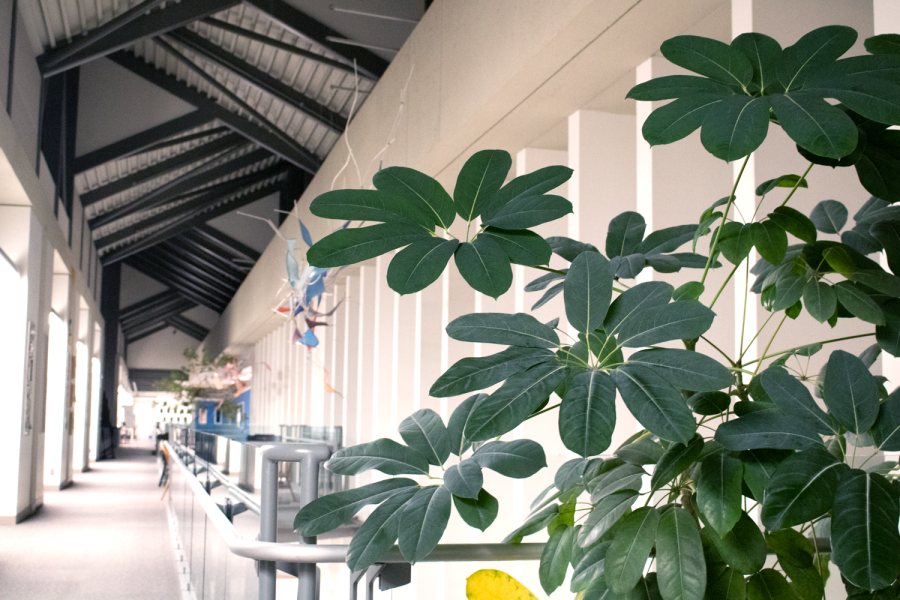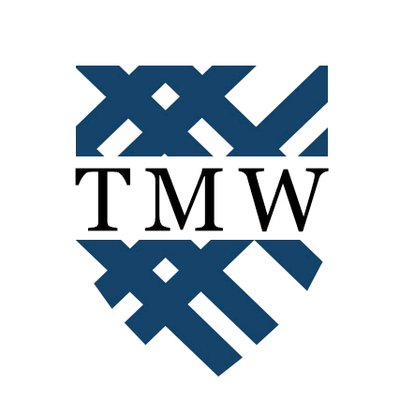
An energetic and enthusiastic presence, Kayongo dressed in a three-piece suit with a pink flower on his lapel and peppered his presentation with jokes instead of dwelling on the hardship he faces in his work. Kayongo primarily discussed his work with the Global Soap Project and shared words of wisdom with those in attendance.
Kayongo began by describing his early life in Uganda as the son of former teachers who went on to became a soapmaker and David’s Bridal franchise owner, respectively. He credits his parents with inspiring his entrepreneurial spirit. When civil unrest began in his home country under the rule of Idi Amin, he fled to Kenya, where he made connections with American volunteers, which helped him earn a scholarship to study in the United States.
Not long after arriving in the United States, Kayongo had an epiphany that led to the eventual creation of the Global Soap Project. While staying in a hotel, he was shocked that guests were given several new soaps every day.
“Facial soap, hand soap, body soap: what’s the difference?” Kayongo asked the audience. “Nothing! That’s Americans being bougie.” He tried to return the soaps that he had accumulated over his stay to the concierge, fearing that he would be charged for them, only to discover that each new soap was free and that partially used bars were discarded.
“As a child, I learned how to make soap. Then I became a refugee, and saw the power of soap, how important it was to have soap. Then I came to a country that does what? Throws away soap. Can you imagine that thought?” Kayongo said indignantly.
This event inspired him to later start the Global Soap Project, a program which recycles used soap from approximately 5,500 partner hotels and sends the product to 100 developing nations across the globe.
The project has had a remarkable impact on communities, with infection rates that totalled 90 percent in a Malawi village being cut in half by bringing in soap from the project. The project has specific requirements for which communities are served. First and foremost, the project assesses the level of need in various communities to see which ones could benefit the most. Secondly, the community must have water, sanitation and hygiene (WASH) programs dedicated to changing unsanitary habits in place, to ensure that the community would fully benefit from the soap.
Kayongo illustrated the importance of coupling one’s message with cost-savviness in an anecdote about negotiating with Hilton Hotels. First, Kayongo simply asked them for the $1.3 million he needed to build a soap-recycling factory, a proposal Hilton Hotels rejected. He calculated the amount of money hotels lost by paying to dispose of used soap, which amounted to exactly $1.3 million. He presented his findings to Hilton Hotels, explaining that recycling soap would benefit not only others but their own company as well. He then successfully obtained the funding to build a factory and the Hilton’s soap to be recycled.
“That’s how you have to be smart in business,” Kayongo quipped. He wrapped up his lecture by sharing advice with those in attendance. He articulated his personal model, SELF (service, education, leadership, faith), and encouraged students to develop their own as they move through college: “As you go through school, formulate a faith model.”
Kayongo took questions from students following his presentation. One student asked why Kayongo stepped away from his role as a leader at the Global Soap Project. He explained that he wanted to do other things and to give his skills to other groups who needed them, a decision that was personal to him as an African man. “I was very, very interested in doing something remarkable, and showing a new example of an African leader stepping away from something and finding another life,” Kayongo said. “Can you imagine being in power for seventy years? Who does that? That’s a lack of innovation and creativity. I wanted to prove that point, that I can build something as an African in the US and step away from it, and show that I have other skills.”
Another student asked if he still takes soap from hotels, which was met with laughter from Kayongo and the crowd. He says that while it is incredible to see so many hotels participating in his program, he is still reminded that there are many hotels which do not participate and that there is still much work to be done.








Stephanie Hamilton • Sep 11, 2019 at 1:09 am
Does your blog have a contact page? I’m having trouble locating it but, I’d like to shoot you an email. I’ve got some recommendations for your blog you might be interested in hearing. Either way, great blog and I look forward to seeing it expand over time.
Natalie Langdon • Sep 7, 2019 at 12:21 pm
Hi, Neat post. There is a problem with your web site in internet explorer, would check this… IE still is the market leader and a good portion of people will miss your great writing because of this problem.
Model Papers • Jun 24, 2019 at 12:02 pm
Surely awesome stuff you have shared with your audience… I am a travel blog and follow some specifics. By the way keep working like this
where to book desert safari dubai • May 15, 2019 at 11:21 am
Surely awesome stuff you have shared with your audience… I am a travel blog and follow some specifics. By the way keep working like this